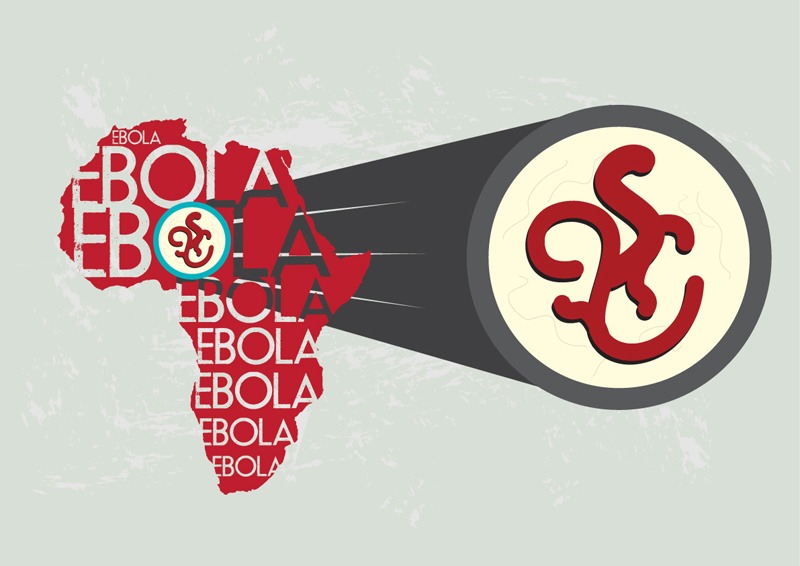
It was the worst Ebola outbreak Uganda had experienced in decades, but after 42 days – or two incubation periods – since the last case was reported, the World Health Organization (WHO), Uganda, and the Centers for Disease Control and Prevention (CDC) have declared the viral threat over.
“I commend the Government of Uganda, local health workers, and global public health partners who worked to end the country’s Ebola outbreak,” Dr. Rochelle Walensky, CDC Director, said. “I also want to thank the CDC staff on the front lines in Uganda and around the world who worked countless hours to accelerate an end to the outbreak.”
The positive news followed nearly four months of struggle to contain the outbreak, which saw more than 100 people killed since September, according to the national health ministry.
“Uganda has shown that Ebola can be defeated when the whole system works together, from having an alert system in place to finding and caring for people affected and their contacts to gaining the full participation of affected communities in the response,” WHO Director-General Tedros Adhanom Ghebreyesus said.
Although no proven vaccine exists for the viral strain responsible for this outbreak – Ebola Sudan – the country was able to turn things around starting in November largely through a lockdown in affected areas. Ebola, be it the more common Ebola Zaire strain or Ebola Sudan, spreads through contact with infected bodily fluids.
Entry screening and public health monitoring requirements of travelers to the U.S. who had been to Uganda in the past 21 days ended as of Wednesday, Jan. 11, 2023. Still, CDC will remain in contact with the Uganda Ministry of Health to aid surveillance, infection prevention and control, and other activities to support rapid detection and response to future cases or outbreaks.




